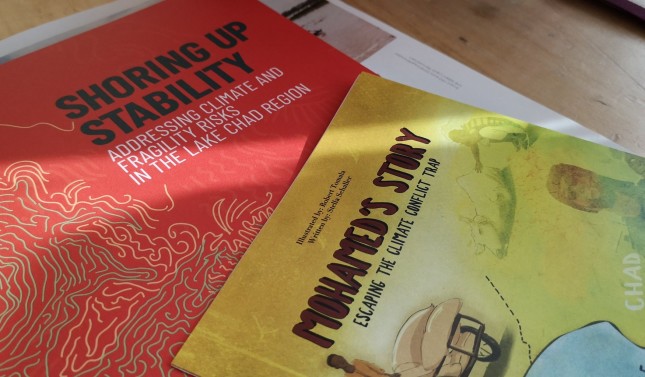-
Without the Enforcement of Environmental Laws, Petroleum Infrastructure Projects in Timor-Leste Come at a Cost
›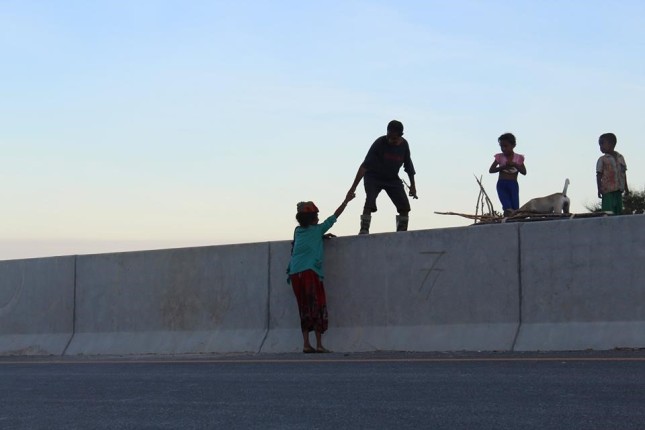
Ignoring environmental laws in Timor-Leste to build a petroleum infrastructure project could mean serious problems for communities including environmental destruction, loss of land, and loss of livelihoods. Communities are already facing some of these problems because project proponents haven’t fulfilled their legal obligations to do extensive environmental research and planning to mitigate any damage to the local environment. The supporters have also failed to meaningfully involve local communities, including interested experts, academics, and civil society groups, in this process.
-
ICPD25: Quality of Care and Universal Health Coverage Should Be Basic Human Rights
› The Nairobi Summit on ICPD25 was an opportunity for the global community to re-commit to the unfinished objectives of the 1994 International Conference on Population and Development’s (ICPD) Programme of Action and accelerate the progress to achieve the Sustainable Development Goals by 2030.
The Nairobi Summit on ICPD25 was an opportunity for the global community to re-commit to the unfinished objectives of the 1994 International Conference on Population and Development’s (ICPD) Programme of Action and accelerate the progress to achieve the Sustainable Development Goals by 2030. -
What China’s Ban on Plastic Scrap Means for Global Recycling: Q&A with Kate O’Neill, Author of “Waste”
›
Once a designated “recycling bin” for the world’s post-consumer scrap, China said no more when it instituted a ban on scrap imports in 2018. Countries that previously sent bulks of waste to China, such as plastic, paper, and electronics, are grappling for solutions in the face of China’s “Operation National Sword.” For example, U.S. municipalities that shipped 4,000 shipping containers per day in 2016 to China are now investing in incinerators or cutting recycling programs altogether.
-
ICPD25: I March for Gender Equality
› The Nairobi Summit on ICPD25 came a quarter century after the landmark International Conference on Population and Development (ICPD) was held in Cairo in 1994. Pledges made 25 years ago by 179 countries recognized that human rights, including reproductive rights, were fundamental to development and population concerns. A rigorous Programme of Action was created to reduce maternal deaths, ensure access to family planning, and protect women and girls from gender-based violence, including female genital mutilation and child marriage.
The Nairobi Summit on ICPD25 came a quarter century after the landmark International Conference on Population and Development (ICPD) was held in Cairo in 1994. Pledges made 25 years ago by 179 countries recognized that human rights, including reproductive rights, were fundamental to development and population concerns. A rigorous Programme of Action was created to reduce maternal deaths, ensure access to family planning, and protect women and girls from gender-based violence, including female genital mutilation and child marriage. -
Foresight for Action | Ecosystem Degradation, Transnational Migration, and Political Instability: Three Main Tipping Points for East Africa
›
The Horn of Africa faces critical security and climate risks. Persistent droughts have precipitated the onset of food insecurity and waterborne disease, while heavy rain events such as Cyclone Sagar have caused widespread flooding, mudslides, and wind damage. These challenges are increasing in severity against a backdrop of changing demographic trends—including rapid population growth, increased migration, and urbanization—and power struggles both within and between countries in the region.
-
Glass Half Full? Innovative Technologies Could Increase Global Water Security
›
By 2050, the UN estimates that 52 percent of the world’s population will be at risk for water insecurity. Climate change is threatening water availability through increased temperatures and drought, unpredictable rain, and the growing threat of more pollution. Globally, most wastewater reenters the water cycle without being treated, introducing dangerous unseen particles including pharmaceuticals, diseases, and larger waste products such as plastics.
-
From Caution to Creative Solutions: The Necessary Evolution of the Climate Migration Debate
› Over the years, experts have cautioned against speaking of “climate refugees.” They argue that the term “refugee,” as defined by the 1951 Refugee Convention, only applies to those who flee across borders out of fear of persecution and violence. Furthermore, evidence shows that migration is a complex phenomenon. While climate change may influence decisions to migrate to some degree, it would likely drive internal movement along well-worn migration routes, often rural-urban in nature. Ultimately, experts have argued that policymakers should think of migration as a form of adaptation to climate change, and reject the term “climate refugee.”
Over the years, experts have cautioned against speaking of “climate refugees.” They argue that the term “refugee,” as defined by the 1951 Refugee Convention, only applies to those who flee across borders out of fear of persecution and violence. Furthermore, evidence shows that migration is a complex phenomenon. While climate change may influence decisions to migrate to some degree, it would likely drive internal movement along well-worn migration routes, often rural-urban in nature. Ultimately, experts have argued that policymakers should think of migration as a form of adaptation to climate change, and reject the term “climate refugee.” -
Mohamed’s Story: The Climate Conflict Trap in the Lake Chad Basin
›
Years ago, Mohamed’s family had enough to eat, despite being poor. His daughter owned a vegetable stall at a bustling market in northeastern Nigeria. The family had options: during the dry season, when Lake Chad was shallow, Mohamed could farm; and during the wet season, he could fish or graze his cattle.
Showing posts from category featured.


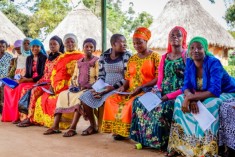 The Nairobi Summit on ICPD25 was an opportunity for the global community to re-commit to the unfinished objectives of the 1994 International Conference on Population and Development’s (ICPD)
The Nairobi Summit on ICPD25 was an opportunity for the global community to re-commit to the unfinished objectives of the 1994 International Conference on Population and Development’s (ICPD) 
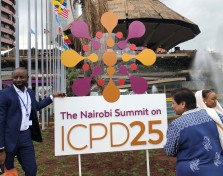 The Nairobi Summit on
The Nairobi Summit on 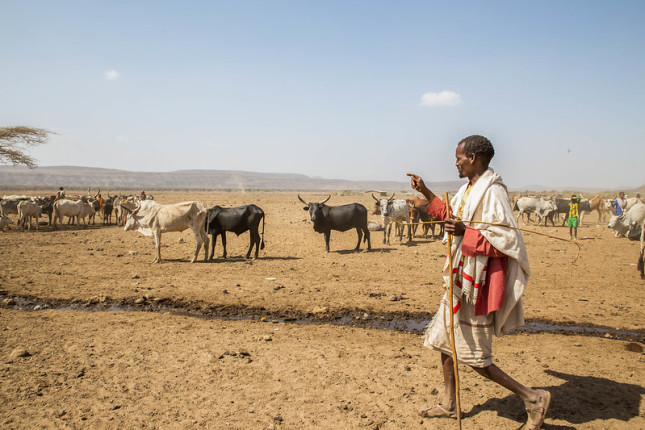
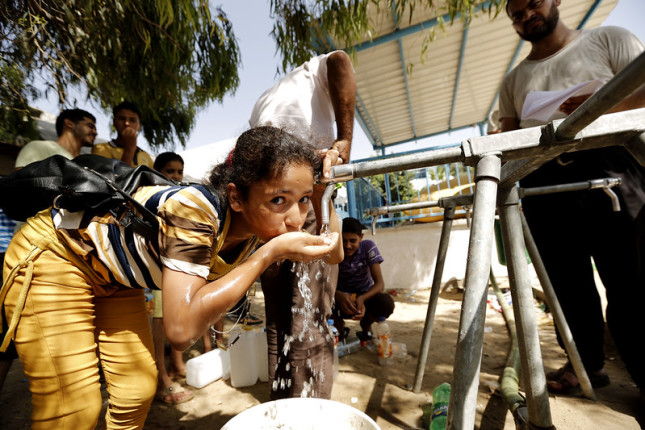
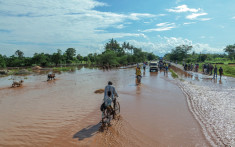 Over the years, experts have
Over the years, experts have 